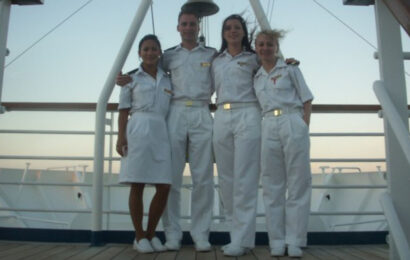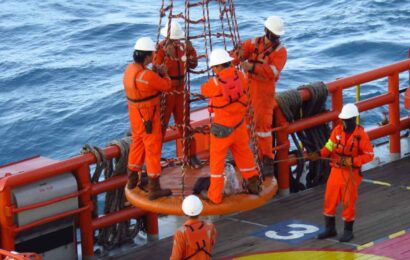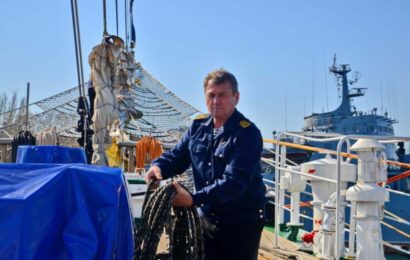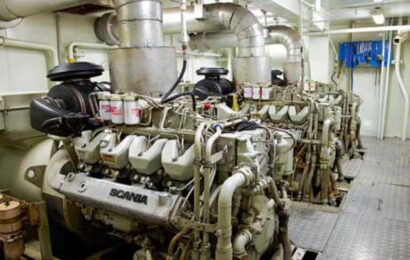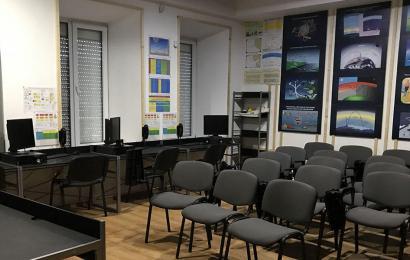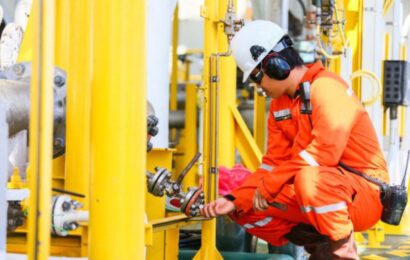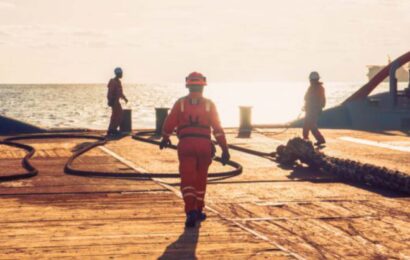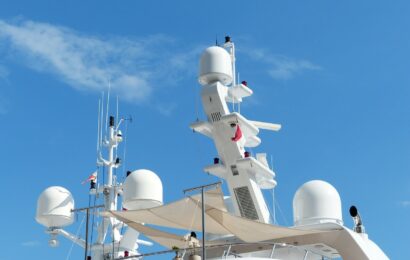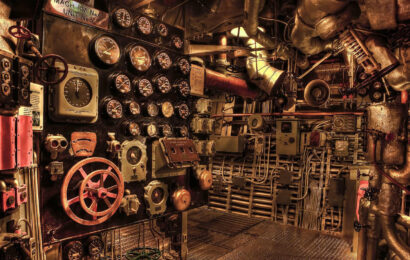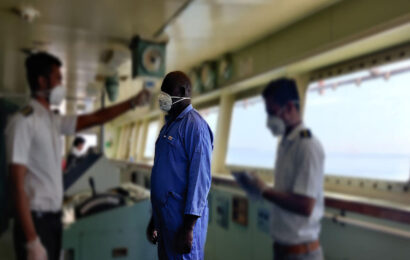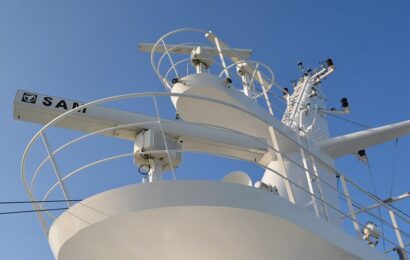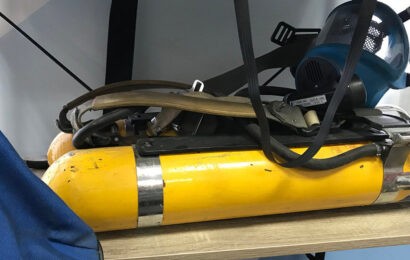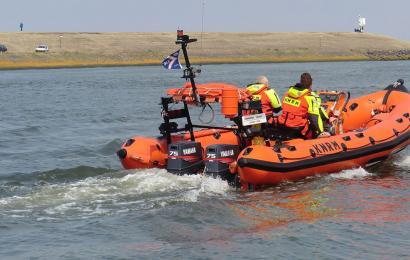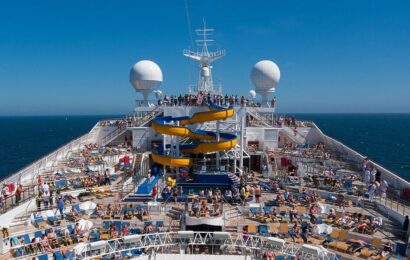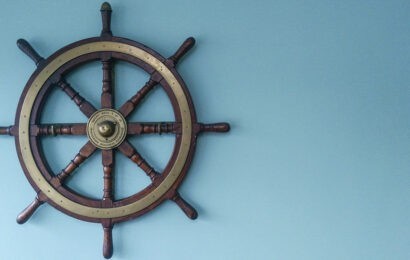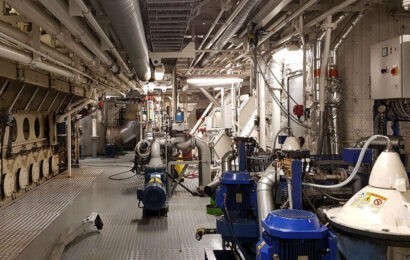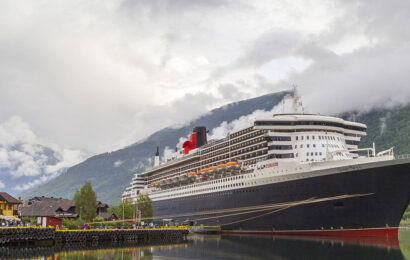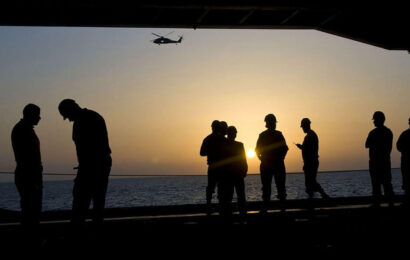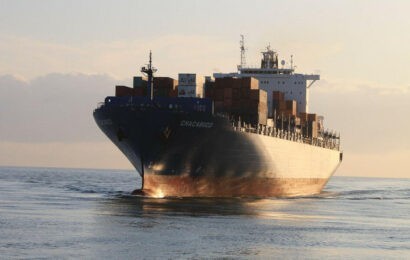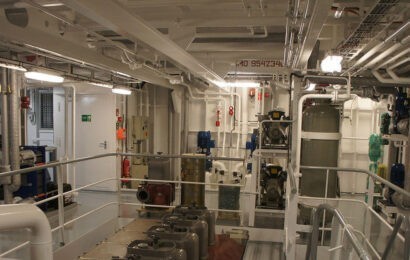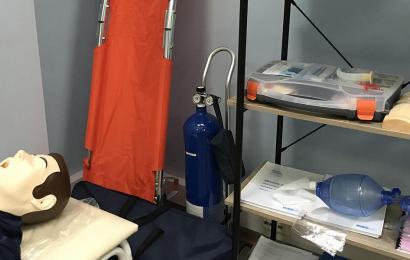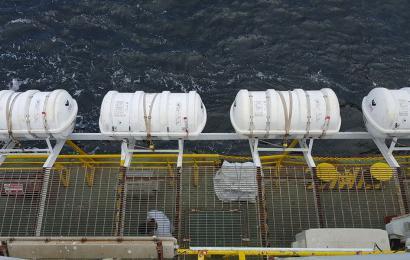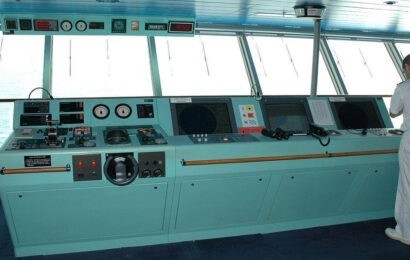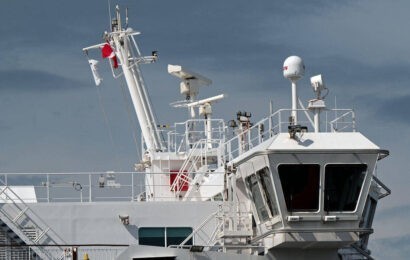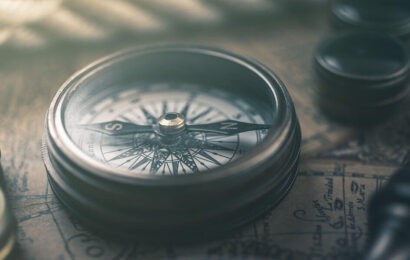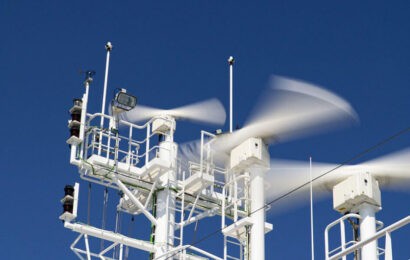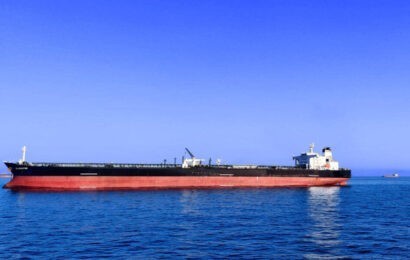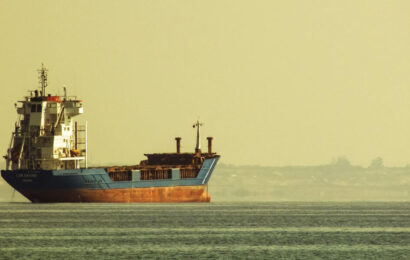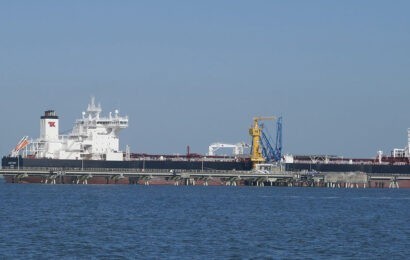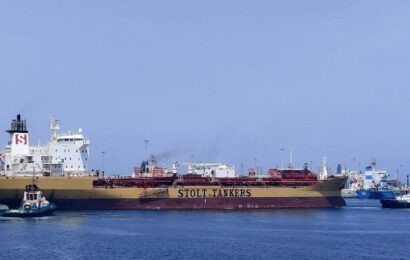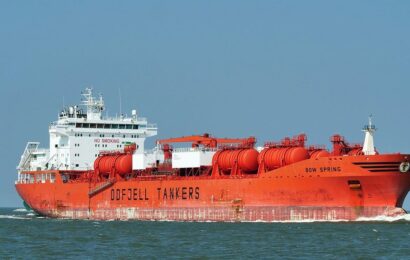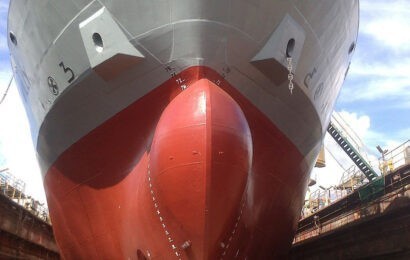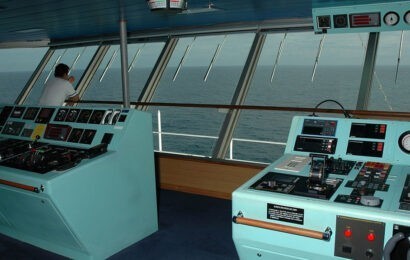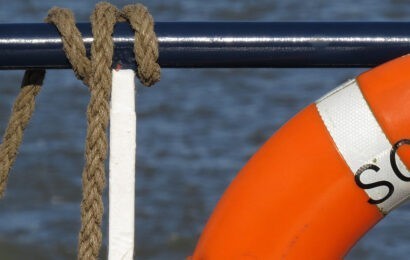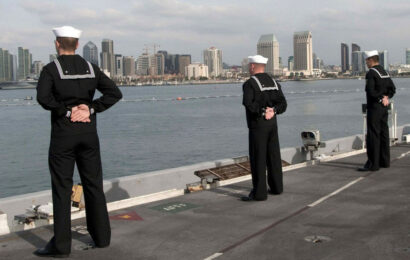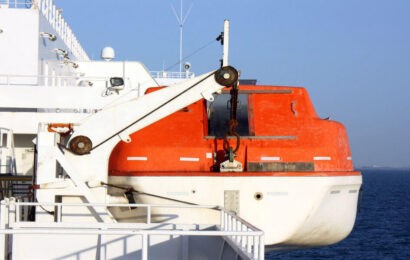Courses for sailors in Odessa
Having completed courses for seafarers at the Black Sea Training Center in Odessa, ship crew members have the opportunity to confirm that their qualifications allow them to perform their respective job duties.
What are the programs developed by the specialists of the Black Sea Training Center
In order for the trainee who completed the course to become the owner of a legitimate maritime certificate, the CTC training center in Odessa made efforts to develop appropriate programs. They fully meet the requirements for the minimum level of job competence provided for by the 1978 STCW Maritime Convention.
Ship’s stewards – SSTVE 5111.ІО.62.00.2014
Able Seaman – SSTVE 8340.01.61.00-2014
Boatswain – SSTVE 8340.Н.50.00-2016
I class motorman – SSTVE 8340.01.61.00-2014
Ship’s cook – SSTVE 5122.С.56.10-2016
II class motorman – SSTVE 8340.01.61.00-2014
Pump Engineer (Pumpman) – SSTVE 8340.Н.50.00-2016
Ship’s electrician (2 grade) – SSTVE 7241.01.61.00-2014
Ship’s electrician first-rate – SSTVE 7241.01.61.00-2014
Ship’s welder – DMTD 7212.01.6110-2011
Ordinary Seaman – SSTVE 8340.01.61.00-2014
Radar Navigation, Radar Plotting and Use of ARPA (Operational level)(А-IІ/1, А-I/12 п. п. 4,5, B-I/12 п. п. 2-35)
Engine-Room Resourse Management (management Level)(A-III/2, A-I/12 п. п. 1-2, A-VIII/2 (ч. ч. 3, 4, 4-2), B-I/12 п.73, B-ІІІ/2 ч.4-2).
Bridge Resourse Management (operational level)(А-ІІ/1, А-І/12 п .п. 1,2, A-VIII/2 ч. 3, ч.4, ч.4-1, B-I/12 п. п. 68-69, В-VIII/2 ч. 4-1).
General GMDSS Operator Course (obtaining or endorsement)
Using of breathing apparatuses CAA-2 course (Compressed Air Apparatus-2)
Proficiency in Fast Rescue Boats(VI/2 п.2, A-VI/2 п. п. 7-10)
Crowd Management Training (V / 2 p. 4, AV / 2 p. 1)
Crisis Management and Human Behavior Training (V/2 п. 6), А-V/2 п. 3)
Marine high-voltage electrical equipment (ІІІ/2;ІІІ/3,VIII/2, А-ІІІ/2, A-III/6)
Training of Passenger Ships Personnel (V/2, А-V/2, В-V/2)
Leadership and Teamwork (II/1, II/2, III/1, III/2, III/6)
Training of Officers and Rating Responsible for Cargo Handling on Ships Carrying Dangerous and Hazardous Substances in Solid Form in Bulk and in Packaged Form ( В-V/b, B-V/c)
Engine-room resource management (operational level)
Advanced Fire fighting course STCW-95(VI/3, A-VI/3 п. п. 1-4)
Medical care on board ship (VI/4 п. 2, A-VI/4 п. п. 4-6)
Specialist in lifeboats, life rafts and rescue boats that are not fast rescue boats (VI / 2 p. 1, A-VI / 2 p. 1-4)
Medical First aid от board ship (VI/4 п. 1, A-VI/4 п. п. 1- 3)
Safety Familiarization, Basic Training and Instructions for All Seafarers
Bridge Team & Resource Management (management level)
Navigation using radar, radar plotting and ARPA, teamwork on the bridge, search and rescue (management level)
Use of electronic chart navigation and informative systems (ECDIS) (A-II / 1, A-II / 2, A-II / 3 A-I / 12 p. 1, 2, BI / 12 p. 36- 66)
Restricted GMDSS Operator Course (obtaining or endorsement) ІV/2, А-ІV/2, В-ІV/2 п. п. 37-44
Washing with crude oil (V/1-1 p. 3.4, A-V/1-1-2 p. 2)
Initial training for cargo operations on oil tankers and chemical tankers. (V/1-1 p.p. 1.2, A-V/1-1 p. 1, B-V/1-1)
Initial training for cargo operations on V/1-2 gas tankers 1.2, A-V/1-2 p.1, B-V/1-2
Preparations for cargo operations on oil tankers under the expanded program. (V/1-1 p.p. 3, 4, A-V/1-1 p. 2)
Preparation for cargo operations on gas tankers under the expanded program. (V/1-2 p.p. 3, 4), A-V/1-2 p. 2)
Preparation for cargo operations on chemical tankers under the expanded program. (V/1-1 p.p. 5, 6), A-V/1-1 p. 3)
Inert gas system – (V/1–1 п. п .3, 4, A–V/1–1-2 п. 2)
Ships Handling and Maneuvering (А-ІІ/1, А-ІІ/2, А-I/12 п. п. 1, 2, B-I/12 п. п. 68, 69.)
Preparation and instruction on protection for all sailors (VI/6 p.p. 1, 2 ̧ A-VI/6 p.p. 1-4)
The commanding officer responsible for the protection of the vessel (Ship Security Officer) (VI/5 p. 1, A-VI/5)
Performing the duties of the crew members to protect the vessel (VI/6 p. 4, 5, A-VI/6 p.p. 6-8)
Ships Safety Officer – IMO ResolutionA – 741(18)
Courses at BTC Odessa
Within the framework of the General training, it is planned to train:
- shipboard officers - the implementation of medical care on board the ship, provided for by the International Medical Guide for Ships;
- first aid skills, which are especially needed on ships that do not provide for the presence of medical personnel;
- behavioral skills important in the event of a fire on board;
- specialists who have to manage fast rescue boats, lifeboats, life rafts
- all seafarers - the minimum necessary skills to ensure safety.
The Ship Security courses are designed to prepare the ship's command and rating personnel for their respective duties.
The training of navigators provides for the improvement of skills:
- ship management;
- navigation using radar, ARPA, radar;
- ECDIS applications;
- watchkeeping on the bridge;
- search and rescue operations;
- coordination of actions of the crew, unorganized persons.
Training of seafarers to perform duties on tankers of various types is possible within the framework of initial and advanced programs that allow them to become proficient the skills that are needed to:
- carry out cargo, ballast operations;
- wash with crude oil;
- operate the inert gas system.
Within the framework of training programs for the requirements set by shipping companies, seafarers acquire the skills to:
- conduct operations related to the transport of dangerous goods;
- required by personnel on passenger ships;
- lead and work in a team;
- manage people who find themselves in a crisis situation, including unorganized ones.
Marine engineers and electro engineers at the training courses at the Black Sea Training Center have the opportunity to improve the skills required:
- for the operation of high-voltage ship equipment;
- to keep watch in the engine room, to manage the watch staff.
* The cost of passing one exam at the course of “Black Sea Training Center” LLC is from 300 UAH per course. According to the number of courses that are planned for delivery, the price of each course does not change

